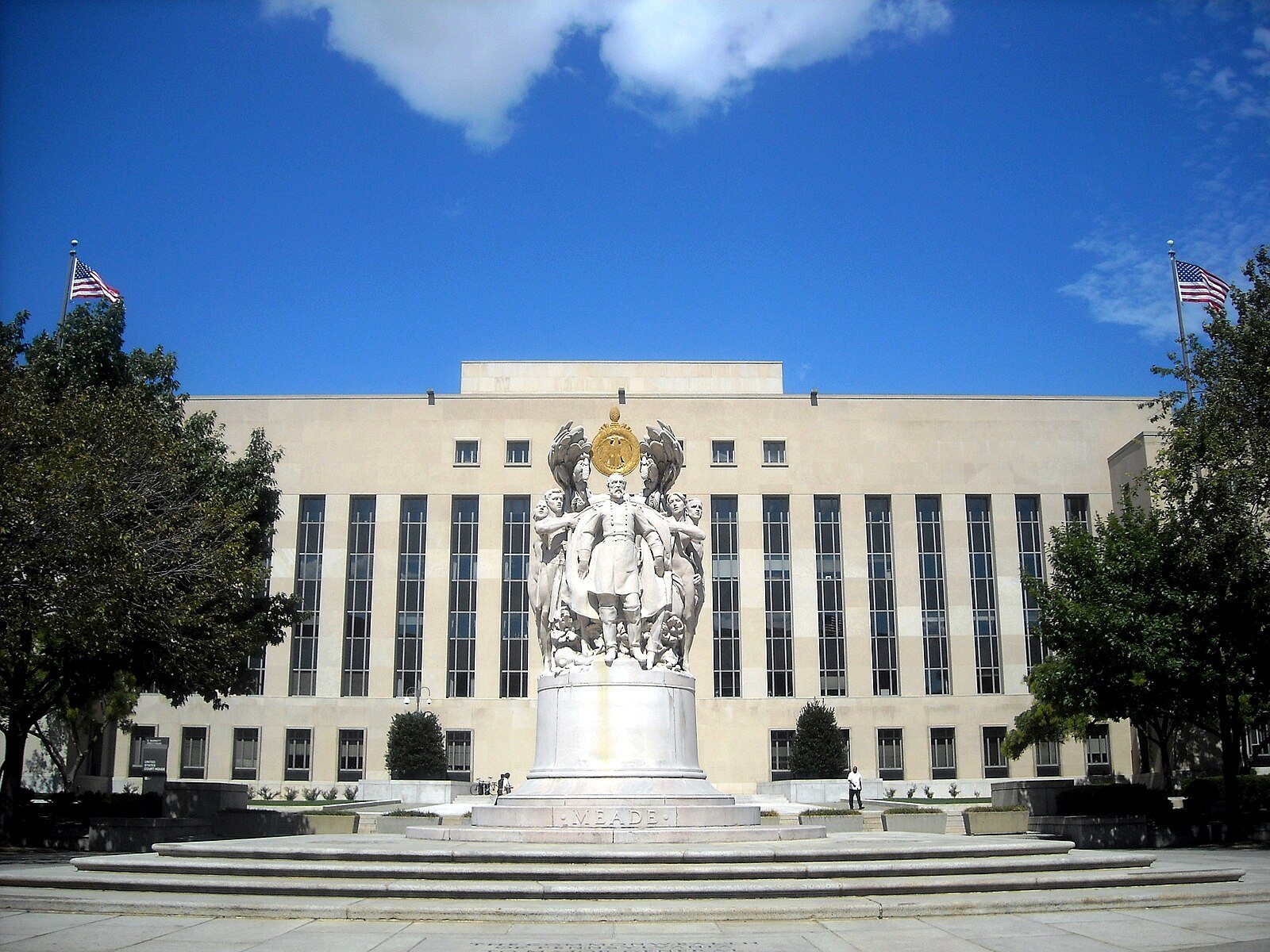Published by The Lawfare Institute
in Cooperation With

Lots of discussion in the wake of the weekend’s freeing of Sgt Bowe Begdhal in exchange for the transfer of five Afghan Guantanamo detainees. Ben has outlined his thoughts on the matter, while Jack has focused on the pertinent legal features of the deal. This morning, President Obama strongly defended the decision. The Washington Post covers the president’s remarks, in which he admits that some of the released prisoners may indeed try to harm the United States; he nevertheless was adamant that the swap was the right call, and not “contrary to national security."
The Hill reports that former Secretary of State Hillary Clinton has also defended the prisoner exchange. Politico describes it as President Obama’s biggest unilateral move in the effort to close Guantanamo since he assumed the presidency. The Post also poses a question that a lot of people have been asking since the swap announcement: “How many of the detainees transferred out of the military prison at Guantanamo Bay, Cuba, have returned to the fight?”
President Obama made those remarks from Warsaw, where he has just arrived in an effort to solidify relations with parts of eastern Europe. The Post explains that many countries there have grown fearful of Russia’s intentions ever since the situation in Ukraine arose. President Obama is trying to reassure allies that the United States will not stand idly by. Instead, Obama has pledged $1 billion in funding for an increased U.S. military presence in Europe, as part of something he’s calling (naturally enough) the “European Reassurance Initiative." Tomorrow, President Obama will meet with Ukraine’s new president, Petro Poroshenko.
While fighting rages on on the ground, Ukrainian and Russian officials and energy representatives are in Brussels trying to settle a gas deal. Reuters reports that companies from both countries have agreed to consider a plan that would allow Ukraine to pay off its outstanding gas debts to Russia.
In cybersecurity news, the Post reveals that, over the weekend, the FBI, along with the help of several foreign governments and security firms, took down “what officials say is the most sophisticated operation ever to commandeer private computers and siphon tens of millions of dollars from American bank accounts.”
Voting began today in Syria’s presidential election. The Guardian informs us that the incumbent, President Bashar al-Assad, is certain to win, as votes can only be cast in areas under government control. Assad’s camp believes that a reelection will secure the president’s legitimacy and perhaps even restore peace.
In an opinion piece over at Al Jazeera, Marwan Kabalan argues just the opposite: Assad’s reelection will not save Syria. Kabalan explains that Assad has manipulated election rules in his favor. To Kabalan, the most obvious obstruction of true justice lies in the fact that only 200,000 Syrians outside the country will be eligible to vote in the election. (Keep in mind that over 2 million Syrians reportedly have fled the country.)
The Post highlights the story of one Moner Mohammad Abusalha, an American citizen and perpetrator of a recent suicide bombing in Syria. Apparently, the U.S. government had little information on Abusalha, and was just as surprised as his family to learn of his actions. The story reveals fears that officials can neither track American citizens who have gone to Syria, nor determine whether, and to what extent, they have “radicalized.” It's a particularly worrying issue, if and when such individuals eventually return to the States.
And, in case you missed it, here’s a recent United Nations report that was released last week on the “economies of violence” in Syria. It highlights the level of unemployment and economic devastation in the country, and the “staggering” amount of economic loss there.
Palestinians have overcome decades of conflict to form a unity government, formally ending the Hamas-Fatah split. The Post explains that this new alliance makes Israel and the United States increasingly wary, as both have deemed Hamas a terrorist organization. The Times also covers the story. Its Jerusalem Bureau Chief also answers a number of reader questions about the new Palestinian government.
The big news coming out of the White House yesterday was President Obama’s announcement of a new climate change policy: his proposal seeks to cut the United States’ carbon dioxide emissions by 30% from 2005 levels by 2030. The Wall Street Journal has the details of the proposal. The Times calls the plan the “the strongest actions ever taken by the United States government to fight climate change.”
Email the Roundup Team noteworthy law and security-related articles to include, and follow us on Twitter and Facebook for additional commentary on these issues. Sign up to receive Lawfare in your inbox. Visit our Events Calendar to learn about upcoming national security events, and check out relevant job openings on our Job Board.
Clara Spera is a 3L at Harvard Law School. She previously worked as a national security research intern at the Brookings Institution. She graduated with an M.Phil from the University of Cambridge in 2014, and with a B.A. from the University of Chicago in 2012.


.jpg?sfvrsn=407c2736_6)


